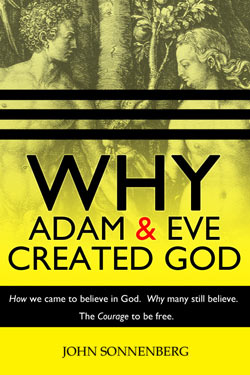The new age of science, nationalism, missionary zeal, and, above all, economic desire for world trade routes, came together on the scores of ships embarking from Spanish and Portuguese ports. The explorers and traders pressed further out into the Atlantic, up to Greenland, and down the coast of Africa, trying to find a trade route to the Orient–one to replace the ancient overland routes now cut-off by the Muslim Turks. As sea routes supplanted the overland routes, the Muslim people took a sideline position in the challenge for world trade. The marriage of Ferdinand and Isabella had, in 1479, united the Catholic crowns of Aragon and Castile, forming a Catholic empire strong enough to repel the Turkish Moors and rich enough to fund such risky trade explorations. As the reformation of the Church was taking place inEurope, the world was being reshaped by men such as Columbus, Magellan, Balboa, and Vespucci. Their drive was not religious, but economic. They yearned for the riches of the Orient, but the path they blazed lead to the doorstep of the Americas. In a land filled with millions of people, speaking hundreds of different languages, and living in societies rich with new cultures, all they could see was the gold and silver. Looking for the riches of the Orient, they discovered the treasures of the archaic Inca, Maya, and Aztec civilizations. They also brought the diseases of Europe to the Americas—diseases that Europeans had grown immune to, but that were unknown to the native’s blood. The Conquistadors insatiable fever for gold drove them to divide, conquer, and plunder; decimating the local inhabitants. The ones not killed usually died from ill-treatment or a virus. Within 100 years of the first European landing in Mexico, the native population was reduced by 95%.
This is only a short summary of this topic. To find out more, please get Why Adam and Eve Created God.
